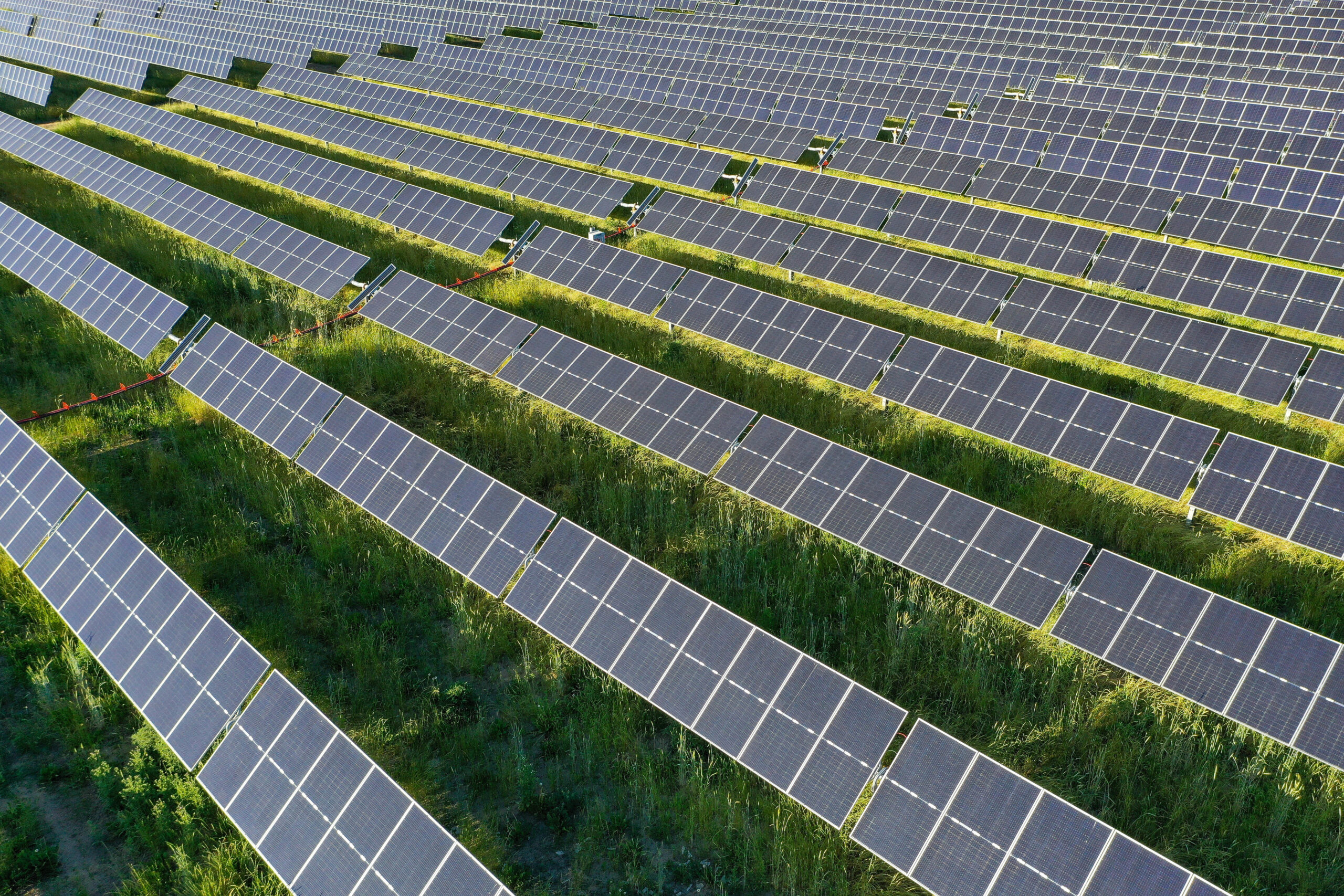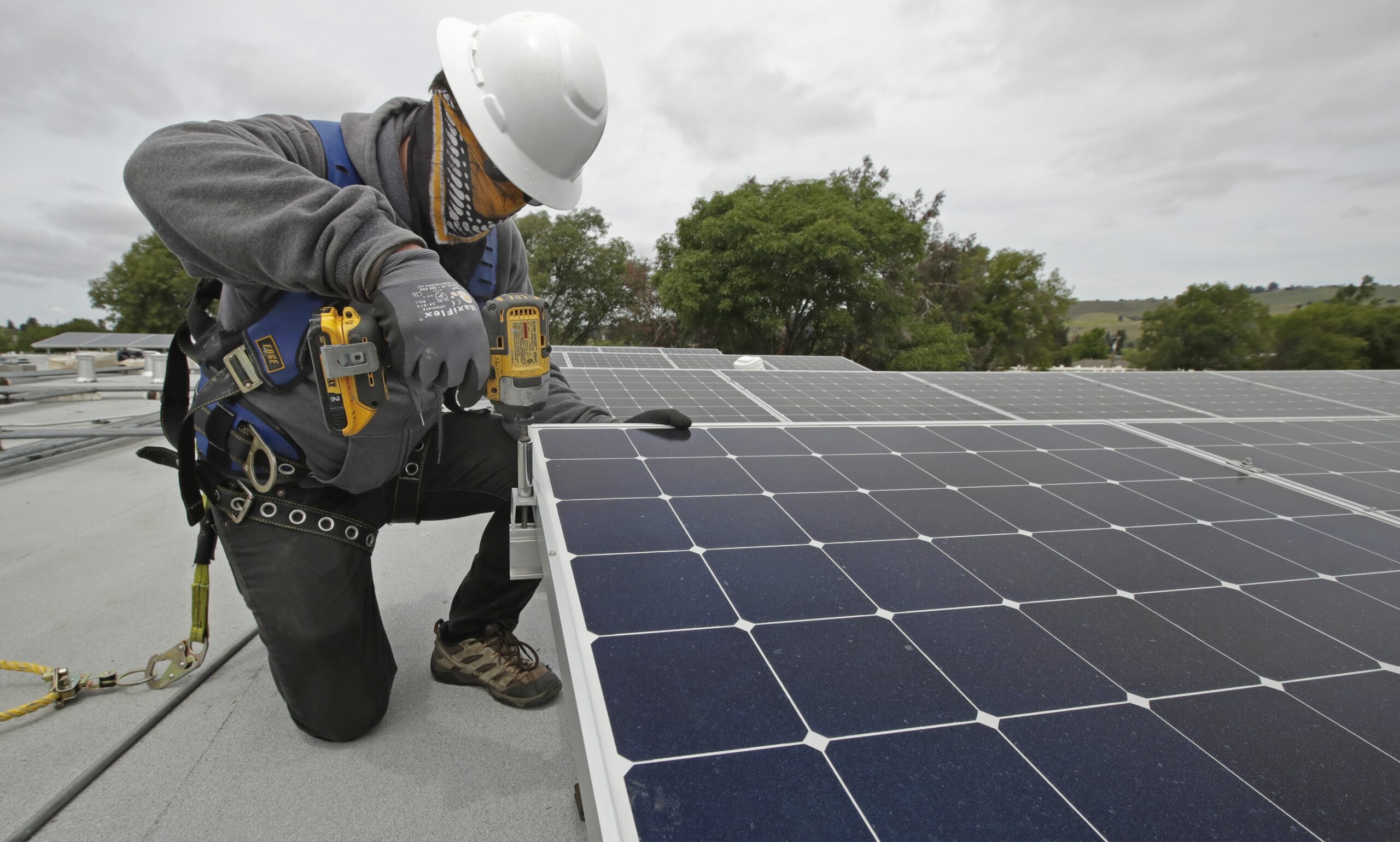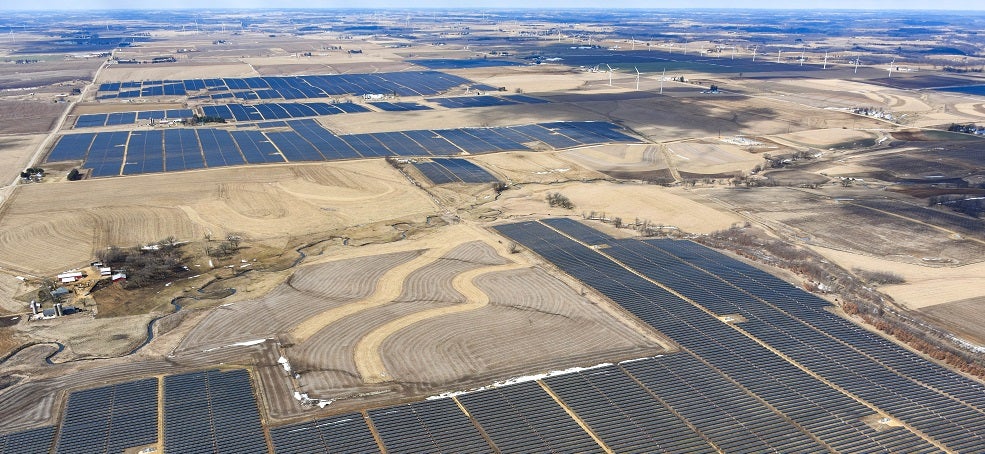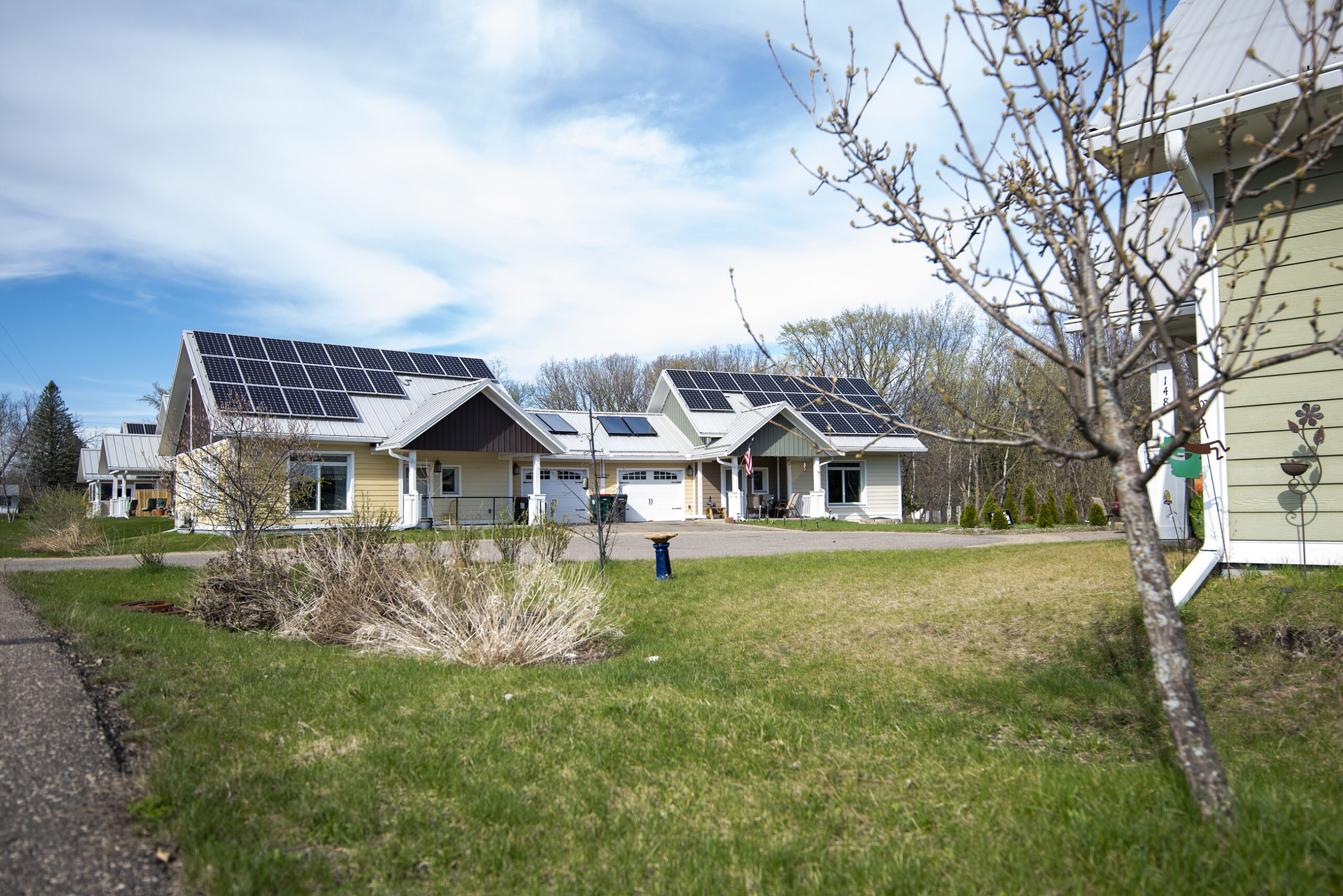Solar power advocates said they’re not giving up on fighting utility rate changes, despite a string of recent defeats handed down by Gov. Scott Walker’s appointees on the state Public Service Commission.
The governor’s two appointees to the three-member body voted that three different state power companies could increase fixed rates on electric bills last year, something solar panel installers and customers say will result in lost business or additional fees. However, solar advocates may ask a judge to review at least one of the PSC decisions.
If they do, it could shine a light on a similar case last year in which the Iowa Supreme Court overruled a state commission and said the city of Dubuque could buy power from a firm that installed solar panels on a city building.
Stay informed on the latest news
Sign up for WPR’s email newsletter.
Attorney Bradley Klein of the Environmental Law and Policy Center was involved in that case. He said Alliant Energy and others argued the installers were public utilities and subject to regulation.
“But instead, the Iowa Supreme Court looked at the situation and said, ‘Look, these types of services are really more in the nature of private contracts. We’re not going to get involved and really limit the types of new businesses and innovation that can be offered to cities like Dubuque and other homeowners and business owners in Iowa,’” said Klein.
Klein said key principles of that ruling apply to states like Wisconsin, but said that courts often give plenty of deference to state commissions on energy issues. Therefore, he said, a victory for solar advocates in a Wisconsin case wouldn’t be easy.
As the legal issues play out, more people are making use of solar energy. An electric cooperative serving people in Vernon and six other southwestern counties installed a 1,000-panel community solar project last year that helps provide power to about 110 homeowners. Vernon Electric CEO Joe McDonald said that things have worked out well.
“For people that were looking at putting up small solar, it was cheaper than they could put on their property. And then for the majority of people, it was the novelty of owning one or two solar panels that they didn’t have to put on their house. They could say they have green energy,” said McDonald.
But McDonald added that he’d also say something the solar industry may not want to hear: that most solar customers need to buy electricity from big power companies too, at least during cloudy weather and during peak demand times, until there’s a better way to store renewable energy.
Solar advocates say if the cost of solar technology continues to drop, solar will have a bigger place in the energy mix and state regulatory commissions like the PSC will find it harder to protect the utilities.
Wisconsin Public Radio, © Copyright 2024, Board of Regents of the University of Wisconsin System and Wisconsin Educational Communications Board.





